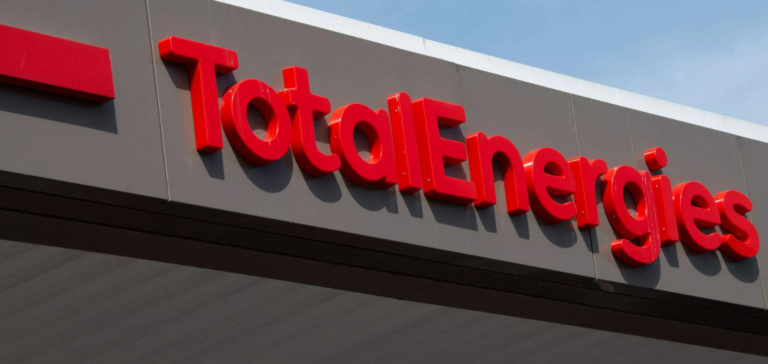TotalEnergies recently announced a significant step in its divestment strategy, with the sale of TotalEnergies EP Canada. The transaction involves the sale of the company’s interest in the Fort Hills oil sands asset, as well as the associated logistics obligations. The buyer, Suncor, acquired all the shares for a total of C$1.47 billion (around US$1.1 billion), marking a major step forward in the North American energy landscape.
Financial Details of the Disposal and Strategic Redefinition of TotalEnergies.
TotalEnergies received a cash payment of C$1.83 billion (approximately US$1.3 billion) on closing of the transaction, following the sale effective April 1, 2023. This sale is part of a wider reorientation of the French group’s activities, as it seeks to gradually distance itself from the exploitation of controversial energy resources, in this case the oil sands.
Sale of TotalEnergies’ stake in Surmont.
On October 4, TotalEnergies announced that it had sold its 50% stake in the oil sands company Surmont to ConocoPhillips. The transaction resulted in a closing cash payment of C$3.7 billion (approx. US$2.75 billion), with up to C$440 million (approx. US$330 million) in additional payments to follow.
Financial Impact of Sales on TotalEnergies and Commitment to Shareholders.
These strategic sales represent a significant financial windfall for TotalEnergies, generating more than US$4 billion for the fourth quarter of 2023. Jean-Pierre Sbraire, Group CFO, said that these revenues would be shared with shareholders, with $1.5 billion earmarked for share buy-backs in 2023. This redistribution of funds underlines TotalEnergies’ commitment to its shareholders, while marking a strategic shift towards more environmentally-friendly investments.
TotalEnergies’ decision to withdraw from the oil sands in western Canada is all the more significant given that this region represents a vast deposit of crude oil, with Canada being the world’s leading producer. Oil sands, made up of sand, water, clay and a type of heavy oil called bitumen, are an unconventional source of oil. Their exploitation has long been at the heart of environmental debates, not least because of the climatic impact of the fuel conversion processes. According to Friends of the Earth, these processes release three to five times more greenhouse gases than conventional oil extraction.
TotalEnergies’ sale of its Canadian oil sands assets marks a strategic turning point for the Group, reflecting a broader trend in the energy sector towards more sustainable, environmentally-friendly investments. This decision, while financially beneficial for shareholders, also highlights the challenges and opportunities associated with the global energy transition.






















